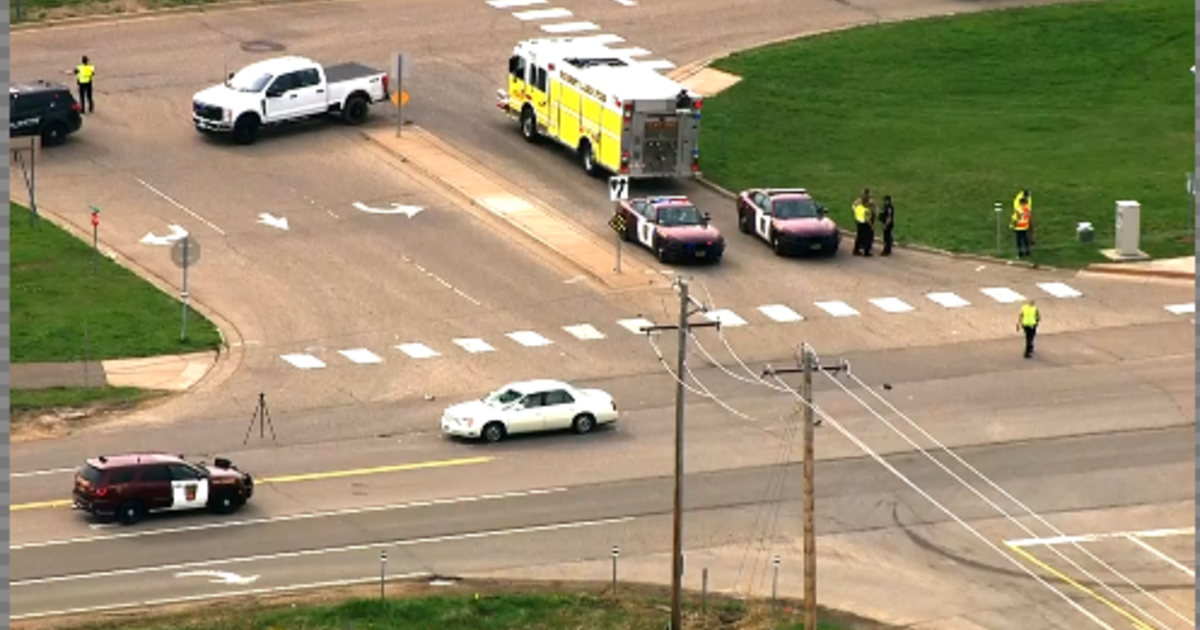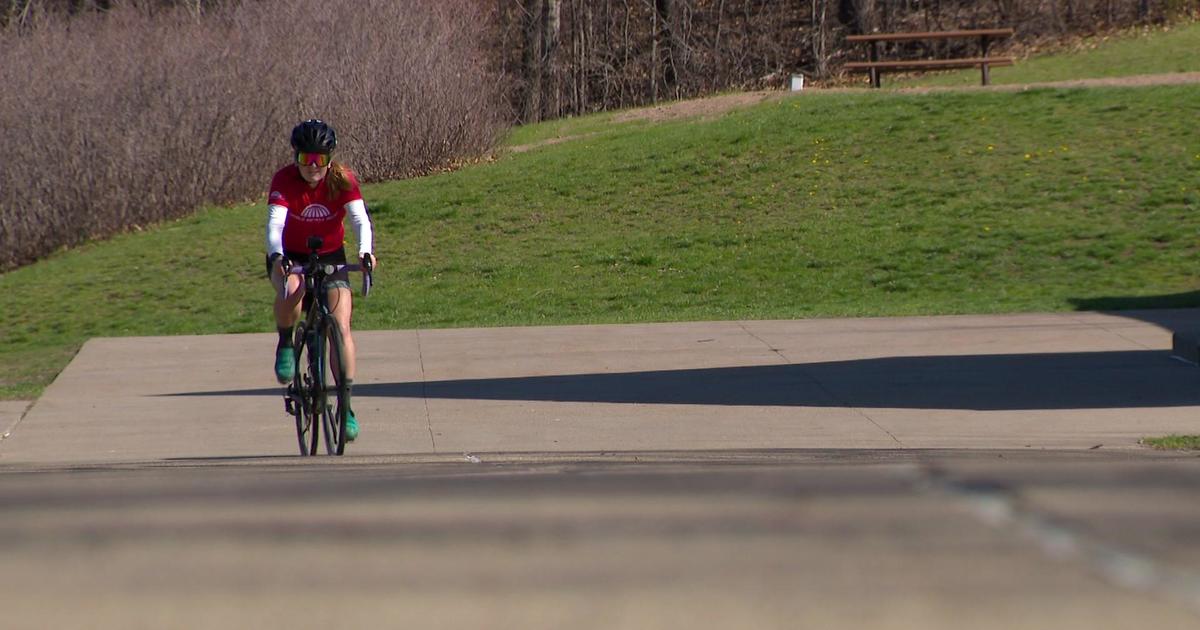Court: Medical Residents Considered Employees
WASHINGTON (AP) -- The Supreme Court ruled Tuesday that medical residents should be considered employees when it comes to collecting Social Security taxes.
The high court said that the IRS did not have to refund tax money collected by the Mayo Foundation of Rochester, Minn., and the University of Minnesota
Medical residents, doctors still in training, routinely work in hospitals and pay income taxes. But Mayo officials argued that residents fall under a Social Security tax exemption for student employees whose work is part of their education.
The Treasury Department took away that exemption in 2004 for medical students who work more than 40 hours per week. The Obama administration said that Social Security taxes for medical residents can be as much as $700 million a year.
Mayo Clinic officials wanted the court to overturn a federal appeals court ruling and restore the student exemption for medical residents. It also wanted a refund of the money it had withheld and paid to the IRS on its residents' stipends during the second quarter of 2005.
In arguments before the Supreme Court, Mayo's lawyer, former solicitor general Theodore Olson, argued that the IRS' decision that anyone who works over 40 hours a week at a hospital can no longer be classified as a student was arbitrary and capricious.
But the high court ruled unanimously that the Treasury Department had the right to take away the exemption.
"The department certainly did not act irrationally in concluding that these doctors -- 'who work long hours, serve as high skilled professionals, and typically share some or all of the terms of employment of career employees' -- are the kind of workers that Congress intended to both contribute and benefit from the Social Security system," said Chief Justice John Roberts, who wrote the opinion for the court.
Justice Elena Kagan did not take part in the case because she signed the government's brief defending the IRS' position.
Kagan, however, did deliver her first opinion as a Supreme Court justice on Tuesday, siding with a credit card company in a bankruptcy dispute.
The court, by an 8-1 vote, ruled against Jason Ransom, a debtor who wanted to shield some income from his creditors by claiming a $471 monthly allowance for a car payment. The only problem is that he owns his 2004 Toyota Camry outright.
"In short, Ransom may not deduct loan or lease expenses, when he does not have any," Kagan said.
Justice Antonin Scalia was the lone dissenter.
The Social Security case is Mayo Foundation v. United States, 09-837, and the bankruptcy case is Ransom v. FIA Card Services, 09-907.
(© Copyright 2011 The Associated Press. All Rights Reserved. This material may not be published, broadcast, rewritten or redistributed.)



